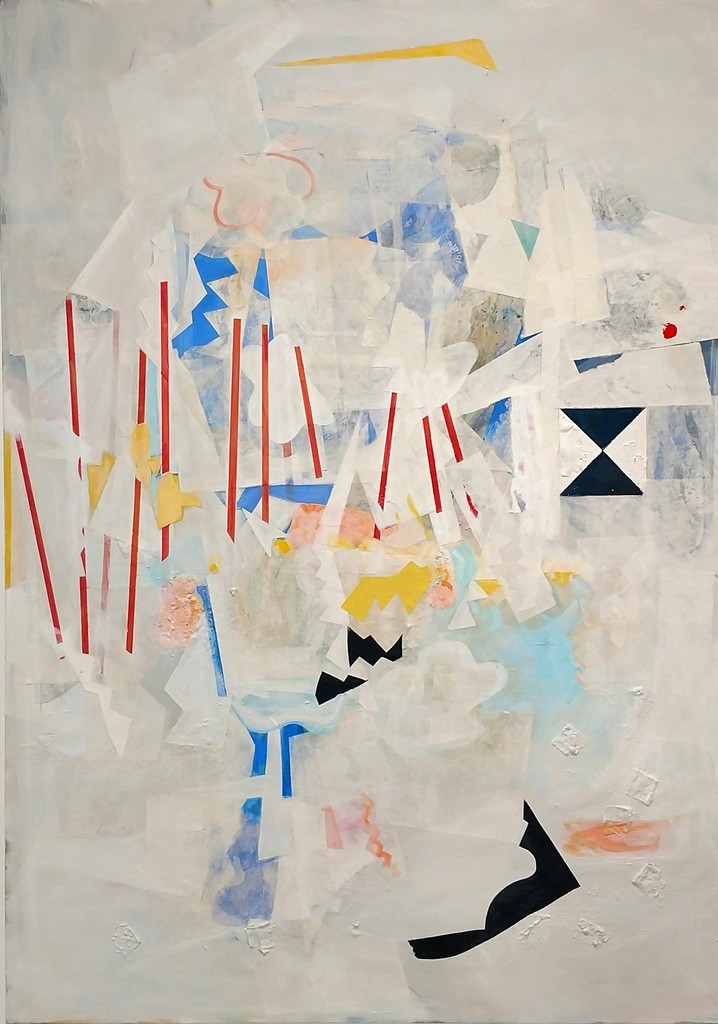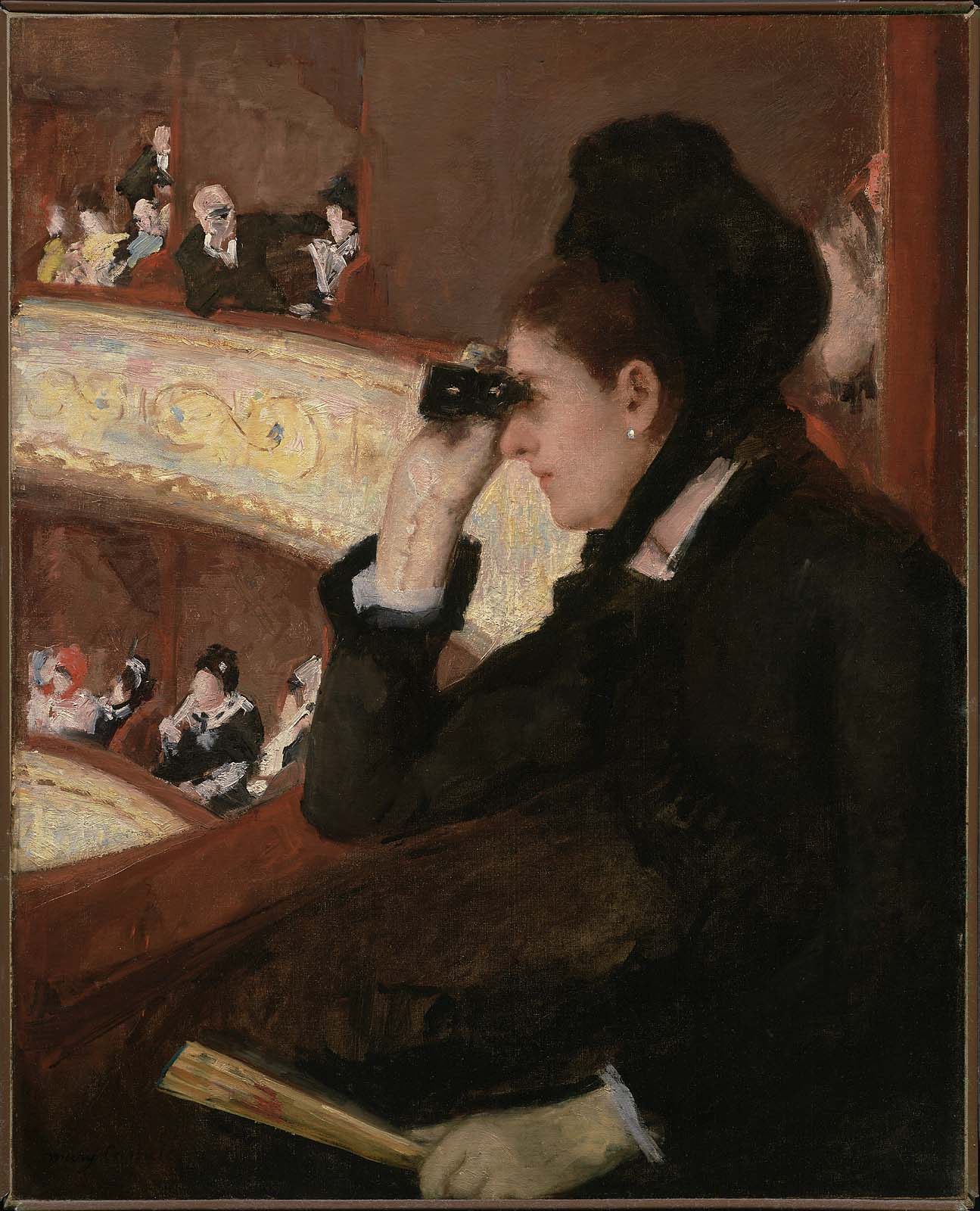FORUM Postgraduate Journal Call for Papers (Issue 33): Exclusion
For the 33rd issue of FORUM, we ask: what is modern knowledge without a little exclusion?
This, not that – us, not them – her, not her – here, not there. Race, gender and sexuality, caste, and class (only some of our ‘inconceivably coarse axes of categorization’, as Eve Kosofky Sedgwick puts it) find exquisite form in the moment we invoke that all-encompassing and all-rejecting ‘not’. After all, to know a thing – to know it profoundly, profitably – we must often exclude that which we do not wish to know.
Exclusion is generative. Its power lies in its violent capacity to create ‘small islands’, a term that we borrow from Andrea Levy’s 2004 novelization of the Black British fight for survival under Empire. Indeed, exclusion’s small and increasingly uninhabitable islands have long been the subject of our art, televisual media, fiction, ethnography, life-writing, and other cultural texts. These span across testimonios of genocide and the strained class divisions of Ken Loach’s films, but also a precocious Jane Eyre’s confinement to the Red-Room and the tragicomic excommunications of HBO Succession’s Kendall Roy.
Exclusion also produces emancipatory politics and aesthetics, unexpected kinships, subaltern communities and social scenes, counter-canons, and alternative modes of knowing, being, and feeling. Saidiya Hartman, for instance, offers us genre-defying historical methods to repair the brutal, anti-Black silences of trans-Atlantic enslavement in works such as Lose Your Mother (2006) and Wayward Lives, Beautiful Experiments (2019). More recently, Alison Rumfitt genealogizes Britain’s trans-exclusionary feminisms through the Gothic horrors of Tell Me I’m Worthless (2021).
Recent critiques of ‘inclusion’ politics have even shown us how techno-modernity – and its eagerness to see, surveil, catalogue, and represent – has made exclusion desirable for those who wish to evade the anguish of constant interpretation. We might begin to see these tactics in John Cage’s 4′33″ (1952), where the formal exclusion of instrumentation prompts an uncontrollable ecology of noise; in Deleuze and Guattari, who remind us that a minor literature is that which “gives meaning up… [and] retains only its skeleton, its paper silhouette” (1975); in Herman Melville’s Bartleby and the pop star Taylor Swift, both of whom request to be excluded from processes of U.S. American capitalism, though, no doubt, to wildly different ends.
The 33rd issue of FORUM invites contributions from across the arts and humanities that engage, in these ways and many more, with the concept of ‘exclusion’ throughout all historical periods. Topics can include, but are not limited to:
- Modes of exclusion: borders and boundaries; categories and genres; ‘banter’, gossip, and small talk; ignoring and ostracising; exile and desertion; ‘cancelling’; ‘ghosting’
- Excluded subjectivities and knowledges, such as in terms of race, ethnicity and nationality, indigeneity, class, caste, sexuality and gender, dis/ability, and religion
- Excluded or exclusionary spaces (physical, affective, digital) and temporalities (moments, durations, periods) and their many intersections
- Processes of canonization and archive-formation
- Liberation’s exclusions: cis-homonormativity and trans-exclusionary feminism
- Exclusion and exclusivity: luxury and taste
- What’s left behind: waste and garbage; the ‘quaint’; the ‘problematic’; ‘outdated’ technologies, styles, and genres; ‘low culture’; excess and guilty pleasures
- What’s left unsaid: reticence, inarticulateness, forgetting, silence
- Self-exclusion: withdrawal, anti-surveillance, anti-representation; self-exile and seclusion
- Diversity, equality & inclusion: its foundations, forms, successes, and failures
- Embodied exclusions of, and beyond, Covid-19: self-isolation, quarantine, ‘no contact’, socio-medical inequities, accessibility; the exclusionary pasts, presents, and futures of other epidemics/pandemics (such as HIV/AIDS); overlooked illness and/or disability narratives (mental health, the ‘chronic’, the ‘invisible’)
- Responses to exclusion: pessimism and optimism; counter-canons/archives; collectivity and organising; renewal and reclamation
All articles should be submitted by 4 April 2022. All suitable submissions will be subject to double-blind peer-review and submission does not guarantee publication.
Full submissions should be made at http://journals.ed.ac.uk/forum/about/submissions, where you will also find our Author Guidelines.
For any questions relating to your submission please contact us at Forum.Journal@ed.ac.uk.
N.B. As FORUM is a postgraduate journal we are usually only able to accept submissions from postgraduate students currently enrolled in Masters or PhD programmes, or from early career researchers within three years of having finished a postgraduate qualification.
Read More
Read more about FORUM Postgraduate Journal Call for Papers (Issue 33): Exclusion










